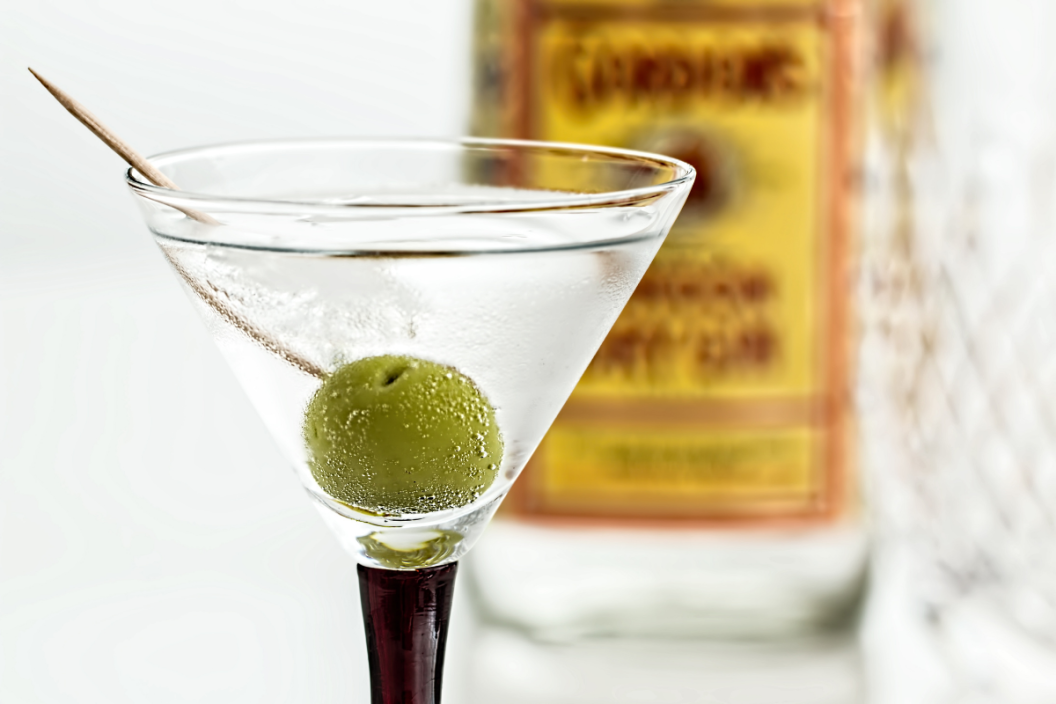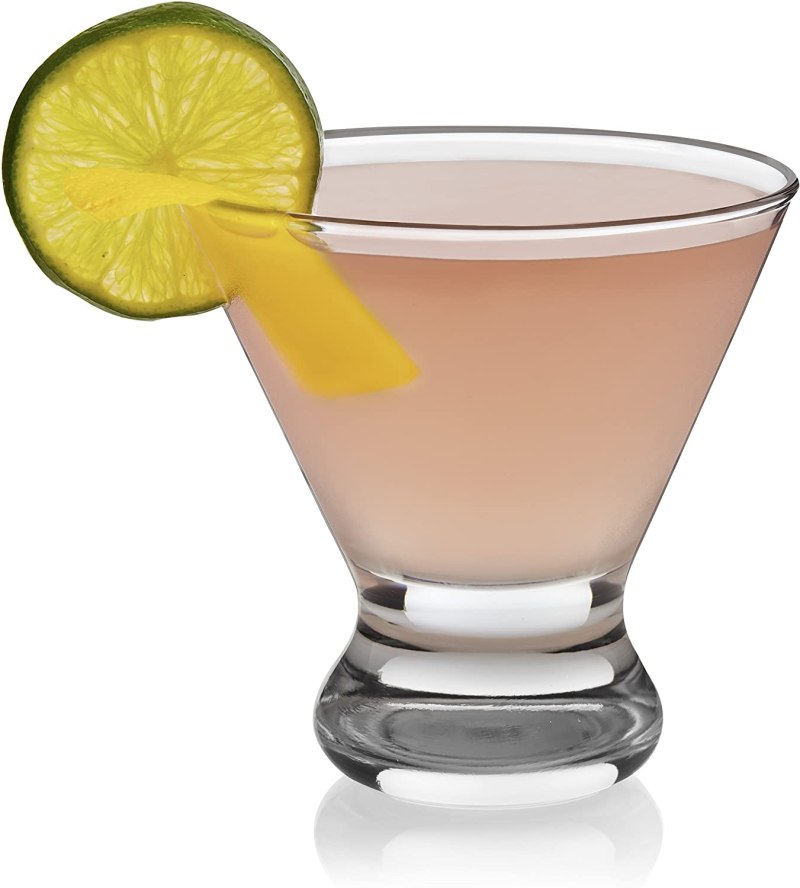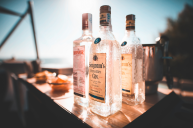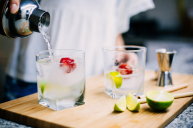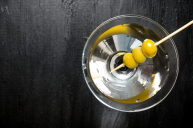The martini is a classic cocktail for a reason: It's simple, easy to make, and, if you use the right ingredients, tastes amazing. There are two basic parts to a gin martini. You need a good gin and you need vermouth. And no, none of that wave the bottle of vermouth over the glass nonsense. If you don't add vermouth, you're just drinking a glass of gin. Not that there's anything wrong with that, but at least own that you just want a glass of gin. The best gin for martinis is a personal choice, really, depending on if you like pine, citrus or floral notes in your gin.
Videos by Wide Open Country
A gin martini is all about proportions, and you can change the martini just by changing the amount of each ingredient. Your classic martini uses between four and eight parts gin to one part dry vermouth, but you can also make a Reverse Martini (more vermouth than gin) and a Perfect Martini (equal parts dry and sweet vermouth). And of course, there's the Dirty Martini that adds a splash of olive juice to the mix.
Variations on Gin Martinis
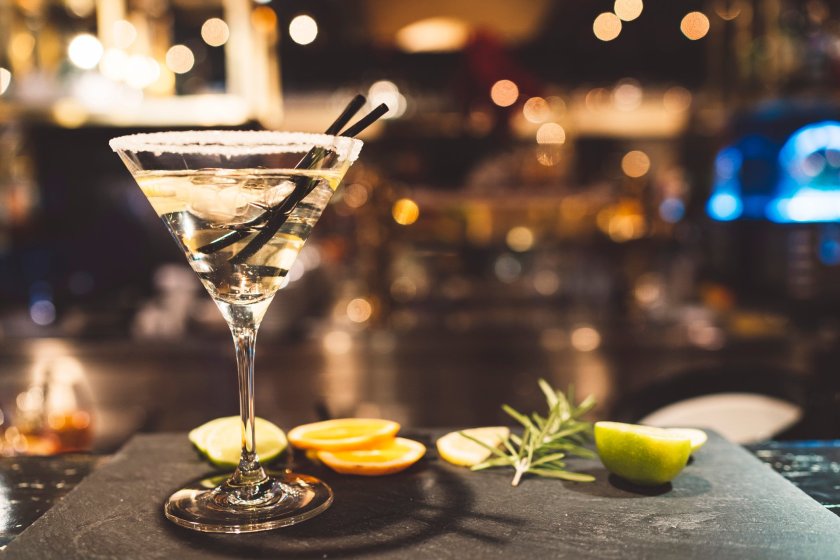
Getty Images/Ziga Plahutar
The Reverse Martini, Perfect Martini and Dirty Martini are just the beginning of all the ways you can personalize your gin martini. The most obvious way to switch it up is to make a different drink altogether- the vodka martini. However, if you're married to using gin in this classy drink, there are a number of ways to switch it that take it even further than ratios of gin and vermouth and gin varieties.
For one, try switching up the vermouth. Use dry, blanc, an apéritif like Lillet or Cocchi Americano, sherry, or even saké. If you see these terms in a recipe, dry vermouths are "French," while sweet vermouths are "Italian." You can also choose between a wet or dry martini. The more vermouth, the more wet your drink is, while less vermouth makes for a dry martini. A "bone dry" martini has just the smallest hint of vermouth in it.
You also may have heard of a Churchill martini, which was coined by Winston Churchill. His martinis are essentially just gin with ice and a garnish of olives or a lemon twist, so as bone dry as it gets. Another classic type is the Gibson Martini, which is dry and uses pickled onions rather than olives. Although this variation is divisive among martini-lovers, there are some who stand proudly by it as a delectable drink. For a final way to switch it up, try playing with garnishes. Rather than simply using a citrus peel or green olive, see how your martini tastes with cocktail onions, caper berries, or anything else you think sounds tasty.
Libbey Cosmopolitan Martini Glasses
Gin uses juniper berries in the distilling process, which is what gives gin its distinct taste. To be called gin, the distilled liquor must be at least 40% ABV or 80 proof. But not all gins are made the same, and which type of gin you choose affects the taste (and strength) of your martini.
London Dry gin: Considered the original gin, it's also the most piney. The amount of flavors, coloring, and sugar distillers are allowed to use for London Dry style gins is restricted.
Plymouth gin: Must be produced in Plymouth, England to earn the name. It's a little sweeter than the classic London Dry.
Navy Strength gin: Navy Strength is 57% ABV or roughly 110 proof, so if you want a booze bomb in a martini glass, this is the type of gin to buy. The story goes that this gin is so strong because ships didn't have a lot of space to store liquor, and they increased the strength so sailors would get drunk faster on less gin.
Old Tom gin: If you're not a gin fan, try Old Tom. It's sweeter and doesn't have as strong a botanical flavor. Mixologists like using it for gin cocktails because the flavor blends better. If you don't want a pine-forest tasting martini, this is the gin to use.
Here are six of the best gins for martinis.
Bombay Sapphire
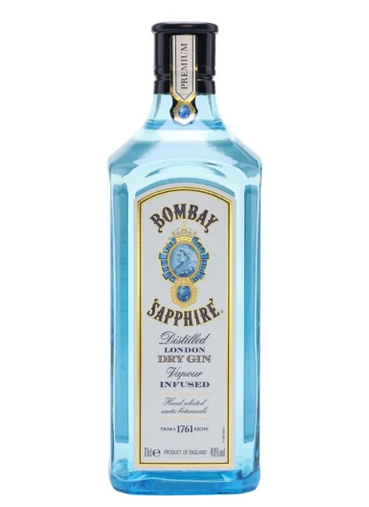
Bacardi
Bombay Sapphire is an excellent starter gin. It has a mild taste with citrus notes, so it's easy to drink and mixes well in cocktails.
Beefeater
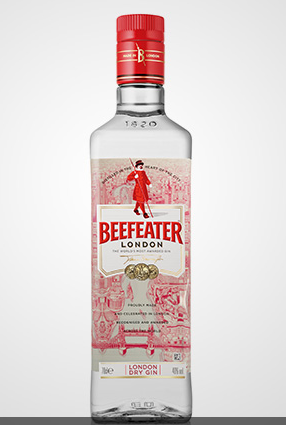
Pernod Ricard
Beefeater gin is another gin staple and another one that's easy for gin beginners to like. It's a nice mix of spicy and sweet, with fruity hints of lemon peel. It's good in any martini recipe.
Plymouth Gin
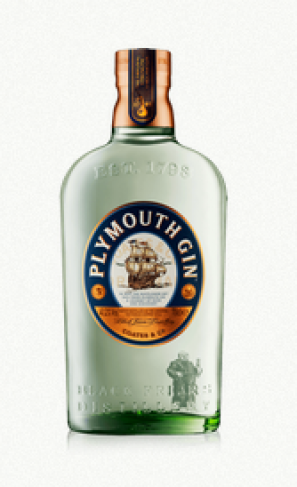
Plymouth Gin
Plymouth gin has been around since 1793, so they know what they're doing. The classic gin has a bit of spice to go with the juniper, with tastes of coriander and cardamom. That little bit of spice makes this one of the best gins for a martini.
Tanqueray No. 10
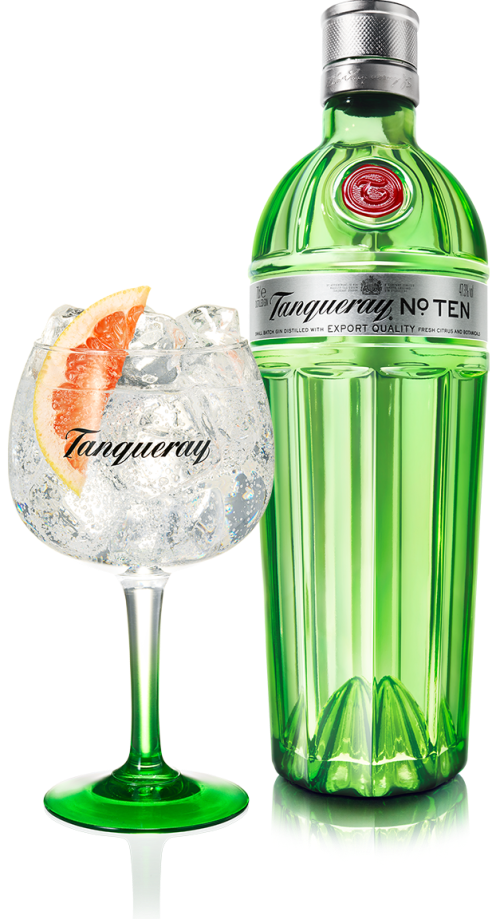
Diageo
Tanqueray has a balanced citrus-heavy flavor; the distiller uses lemons, oranges and grapefruit in its botanical mix. Pair the gin with dry vermouth in a 5:1 ratio for a classic Dry Martini.
Sipsmith
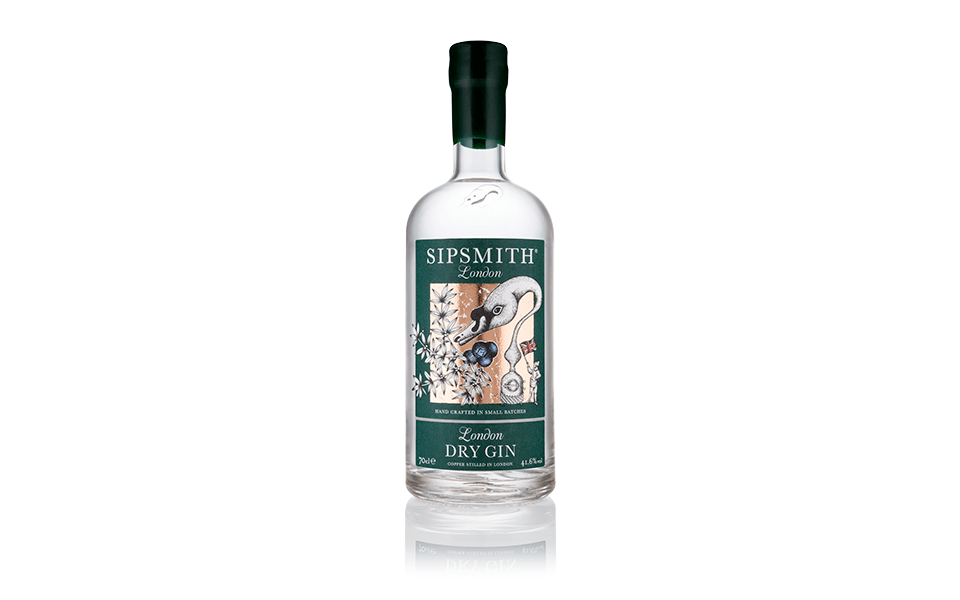
Sipsmith
A small-batch gin, Sipsmith London Dry is the best gin for a martini if you want to let the vermouth shine. (The distillery also makes Sipsmith V.J.O.P, which stands for "Very Junipery Over Proof" if you want to feel like you're drinking a pine tree.)
Hendrick's Gin
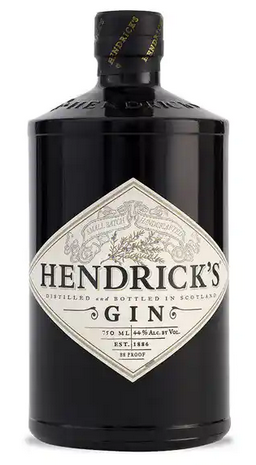
William Grant & Sons
Because you can use all sorts of botanicals to flavor gin (as long as it's not London Dry and as long as at least one of the botanicals is juniper berries), some gin brands add more in the way of floral notes. This Scottish gin adds rose petals and cucumber to its 11 botanicals for a distinctive taste. Instead of the usual lemon twist, garnish this martini with a cucumber slice.
Regardless of which gin you think is best for your martini, please remember that James Bond is wrong (or, more likely, drinking a vodka martini) and you should always stir, not shake, your martini.
